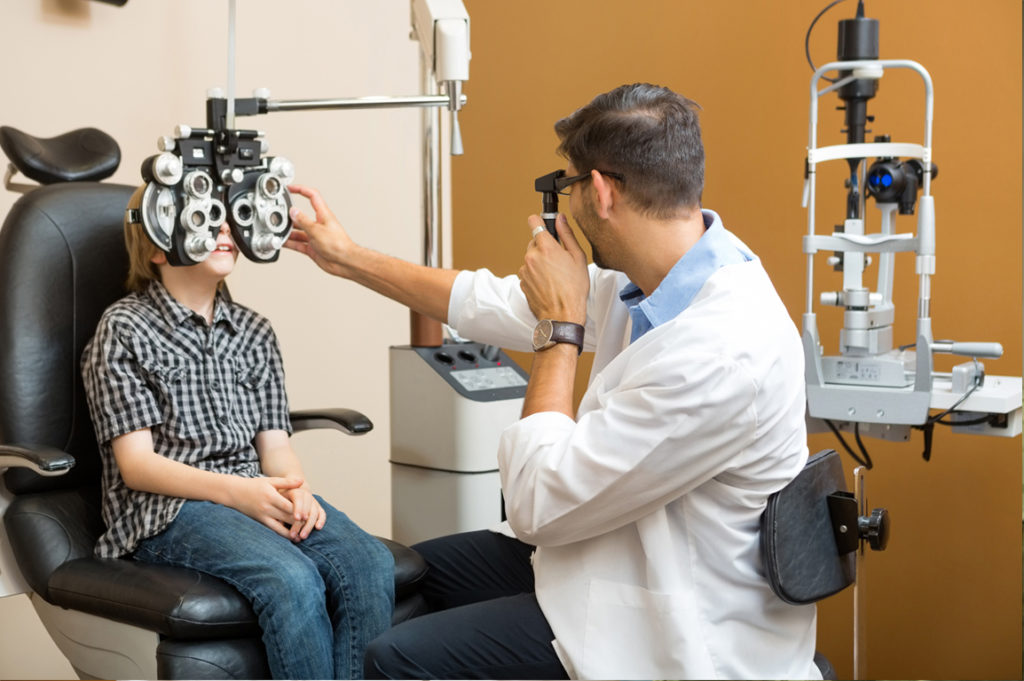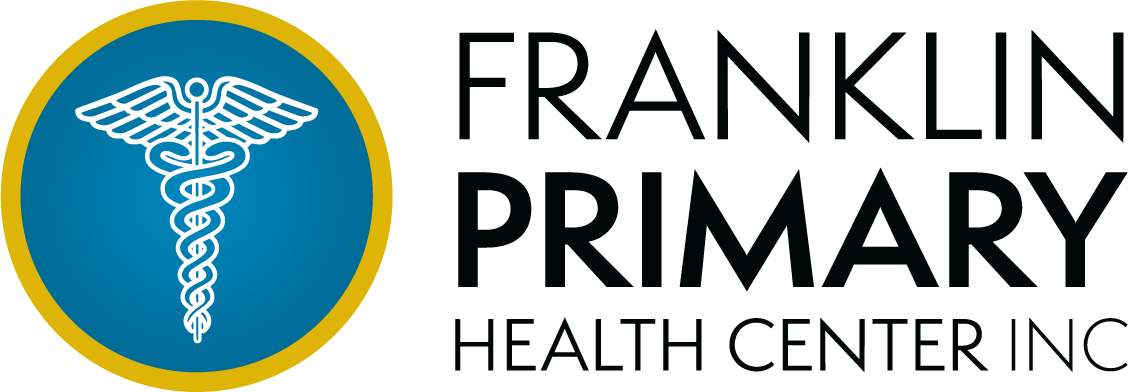Have you notice d any of your children sitting close to the television or computer? You ask them to move back, and they do. Yet, before you know it, they have moved in front of the television or computer again! Have you ever been at the mall or looking into the distance and noticed an “ugly” or disarranged look on your children’s face, but in actuality they were squinting? These are just some of the symptoms children show when they should have their eyes checked.
d any of your children sitting close to the television or computer? You ask them to move back, and they do. Yet, before you know it, they have moved in front of the television or computer again! Have you ever been at the mall or looking into the distance and noticed an “ugly” or disarranged look on your children’s face, but in actuality they were squinting? These are just some of the symptoms children show when they should have their eyes checked.
In fact, Franklin Primary Health Center is equipped to see children as early as 6 months of age. This helps identify ocular problems in their early stages when they can be better corrected before school age, a time when problems are much more difficult to correct.
Parents are not skilled in their ability to determine if their baby is not seeing but rather are good listeners instead. With InfantSee, parents are alerted that their baby’s eyes are working together along with their hearing. Pediatric doctors are not equipped to adequately screen and test babies appropriately. InfantSee is designed with the proper tools needed to completely assess the functioning of the eyes.
While those with healthy eyes should get a general exam every 2 years and children should be examined at least once a year, it is also important that our diabetic population have yearly dilated eye exams. Here at Franklin, dilated eye exams are performed along with ocular cohence topography (OCT). OCT measures the health of the eyes, retinal thickness, RNFL, which maps for glaucoma and macular thickness and helps doctors compare the health of the eyes from year to year.
